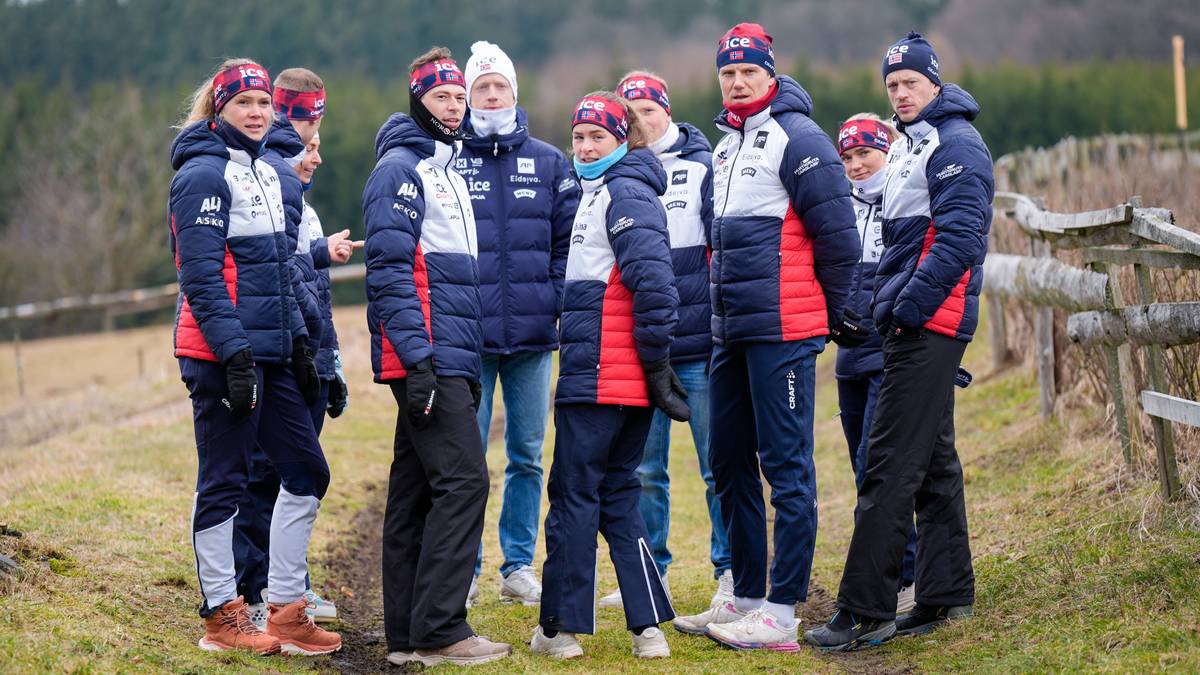Biathlon's New Starting Rules Spark Controversy
Originally published in Sport1 on September 26, 2024
A Concern for Viewership
Next season, top biathletes will start later than they typically do in individual races, a move that has ignited debate within the sport.
The announcement from the IBU has prompted immediate pushback from elite athletes like Norwegian star Johannes Thingnes Bö. He voiced his worries that this change could inversely affect viewership. "If fans tune into biathlon and don't see the best competitors, they might just switch channels, and we’ll lose viewers. Nobody wants to see the top athletes 40 minutes before the prone shooting," Bö lamented in an interview with TV2.
Changes to Starting Order
Under the new rules, which will take effect next season, the highest-ranked biathletes will now be assigned bib numbers ranging from 46 to 75 for individual races. This contrasts with previous seasons, where top athletes could choose their starting numbers, allowing them to avoid the deteriorating course conditions that often arise later in the race.
Swedish biathlete Elvira Öberg has also voiced her displeasure, saying, "I am not a fan of this change. The tracks often degrade, and this puts us athletes at a disadvantage." Vetle Sjastad Christiansen from Norway reinforced her concerns, stating, "If the best competitors start later, they will face inferior conditions compared to their less competitive peers."
Performance-Based Starting Advantage
German athlete Philipp Nawrath expressed his discontent as well, suggesting that the ability to start in the first or second group is typically earned through consistent high performance. "This is usually an advantage, and you work hard to achieve that," he told chiemgau24.de.
The IBU explains that the new starting format aims to keep the races competitive until the final moments, addressing concerns that winners have often been decided too early in the past. The strategy is to have the best athletes not in the current top 30 World Cup rankings start first in the race. The decision to implement these changes follows discussions with the IBU's Technical Committee, the athletes' commission, and various national federations.
Testing the Waters
The proposed regulation will be trialed during the four World Cup weekends in November and December. After assessing its impact, the IBU will determine whether to adopt this approach permanently. Should unexpected weather conditions arise, the competition jury retains the authority to allow the top 15 competitors in the World Cup overall standings to start earlier, thereby mitigating potential disadvantages.
See Also
Biathlon's Controversial Rule Changes Spark Debate
September 04, 2024 / Sport1
Exciting Changes for Top Biathletes Amid Controversy
September 25, 2024 / Sport1

Biathletes Express Concerns Over IBU's Revised Start Order
August 29, 2024 / NRK Sport
Biathlon Introduces New Starting Format to Boost Excitement
September 25, 2024 / SVT
Biathlon Controversy: Federation President Voices Outrage Over New Rule
October 06, 2024 / Sport1
IBU Implements New Seeding Protocol for Biathlon World Cup
September 25, 2024 / Eurosport
Philipp Nawrath Voices Opposition to Proposed Biathlon Rule Changes
September 10, 2024 / Sport1